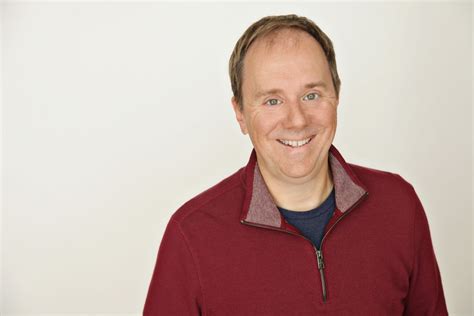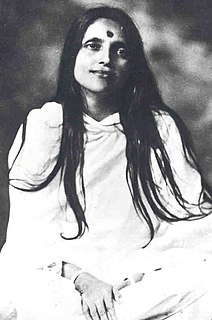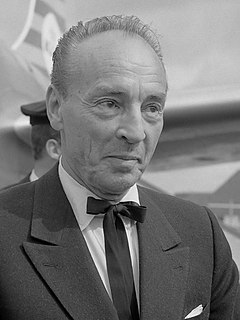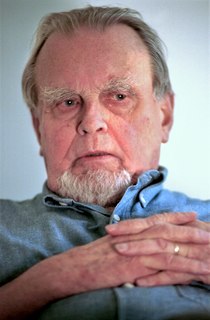A Quote by Maharishi Mahesh Yogi
Like the hollow nothingness within the seed of a tree, which contains the potential of the entire tree, the experience of nothingness in the unmanifest field has within it the lively potential of everything in creation.
Quote Topics
Related Quotes
It's common to say that trees come from seeds. But how can a tiny seed create a huge tree? Seeds do not contain the resources need to grow a tree. These must come from the medium or environment within which the tree grows. But the seed does provide something that is crucial : a place where the whole of the tree starts to form. As resources such as water and nutrients are drawn in, the seed organizes the process that generates growth. In a sense, the seed is a gateway through which the future possibility of the living tree emerges.
We can see from the experience of Odin that the image of the tree was the template within which all of the sacred world could be apprehended. The tree was the framework within which one "flew" to these Otherworlds. And since the exploration of sacred space was also a quest into the nature of human consciousness, the tree was regarded as an image of the ways in which we, humans, are constructed psychically. It was a natural model for our deepest wisdom, our highest aspirations.
Enquire: 'Who am I?' and you will find the answer. Look at a tree: from one seed arises a huge tree; from it comes numerous seeds, each one of which in its turn grows into a tree. No two fruits are alike. Yet it is one life that throbs in every particle of the tree. So, it is the same Atman everywhere.
The seed of God is in us. If the seed had a good, wise and industrious cultivator, it would thrive all the more and grow up to God whose seed it is, and the fruit would be equal to the nature of God. Now the seed of a pear tree grows into a pear tree, a hazel seed into a hazel tree, and the seed of God into God.
The desire for total happiness and for ultimate freedom lies dormant in everyone. It is in the form of a seed. It is like a seed that contains a tree within it. In the same way, the fulfillment of man's ultimate desire is hidden in his very nature. In its perfectly developed state, it is our nature to be happy, to be free. Our real nature is the only thing that is true, and only perfecting it can bring complete satisfaction.
This tree is indeed a Tree of Life, for without the higher and finer sentiments man does not life; he merely exists. If any branch of that tree does not bear fruit, the Master tells us that it shall be cut off and cast into the fire. It is the duty of all living things to produce some truly constructive labor as recognition of the divine life which is within them. God is most glorified when His children glorify His spirit within themselves.
Evil grows and bears fruit, which is understandable, because it has logic and probability on its side and also, of course, strength. The resistance of tiny kernels of good, to which no one grants the power of causing far-reaching consequences, is entirely mysterious, however. Such seeming nothingness not only lasts but contains within itself enormous energy which is revealed gradually.
It is this nothingness (in solitude) that I have to face in my solitude, a nothingness so dreadful that everything in me wants to run to my friends, my work, and my distractions so that I can forget my nothingness and make myself believe that I am worth something. The task is to persevere in my solitude, to stay in my cell until all my seductive visitors get tired of pounding on my door and leave me alone. The wisdom of the desert is that the confrontation with our own frightening nothingness forces us to surrender ourselves totally and unconditionally to the Lord Jesus Christ.
We have all been hypnotized into thinking that we are smaller than we are. Just as an undersized flowerpot keeps a mighty tree root-bound or a little fishbowl keeps goldfish tiny, we have adapted, adjusted, and accommodated to a Lilliputian life. But place the same tree in an open field or the fish in a lake, and they will grow to hundreds of times their size. Unlike the tree or goldfish, you are not dependent on someone else to move you. You have the power to move yourself. You can step into a broader domain and grow to your full potential.
Ultimately, Leibniz argued, there are only two absolutely simple concepts, God and Nothingness. From these, all other concepts may be constructed, the world, and everything within it, arising from some primordial argument between the deity and nothing whatsoever. And then, by some inscrutable incandescent insight, Leibniz came to see that what is crucial in what he had written is the alternation between God and Nothingness. And for this, the numbers 0 and 1 suffice.









































